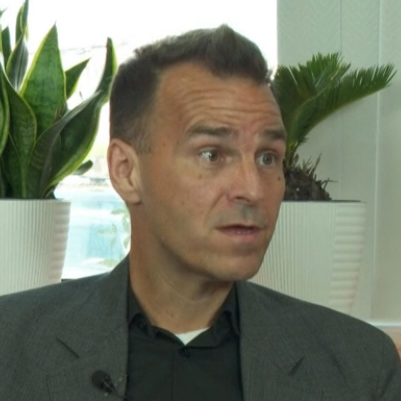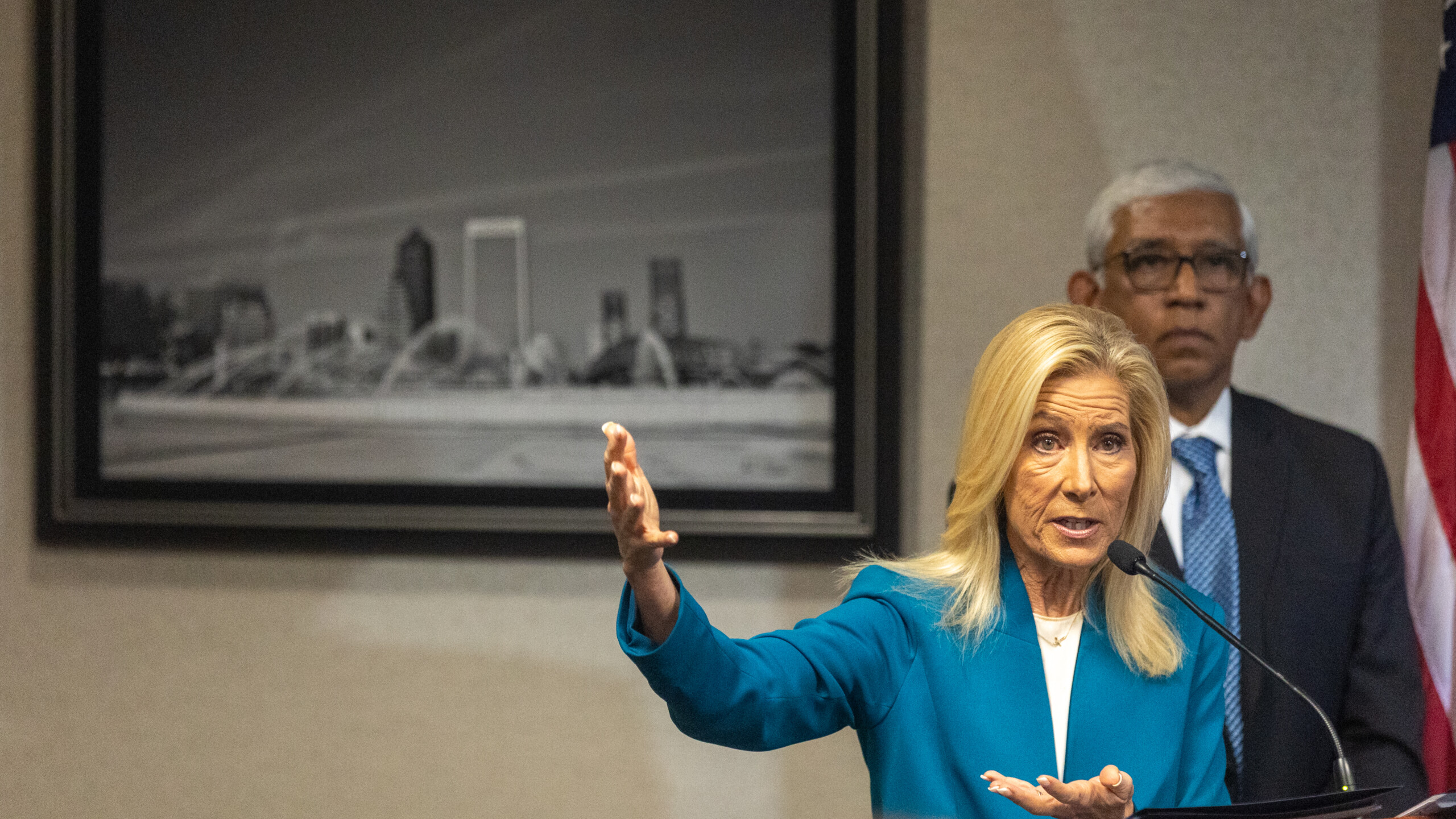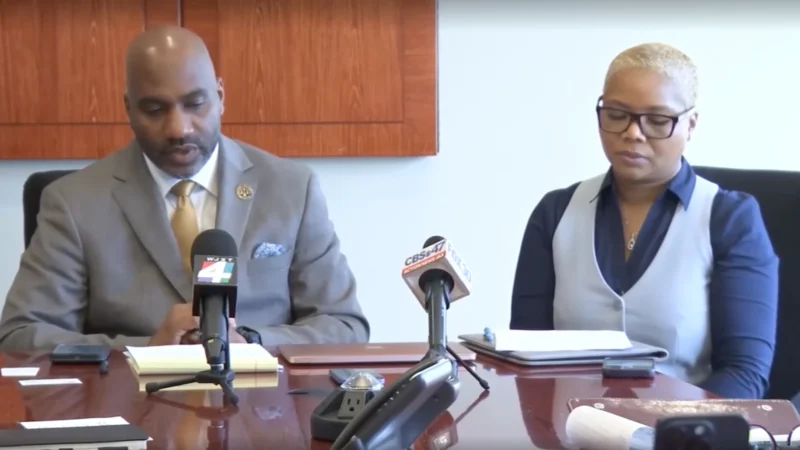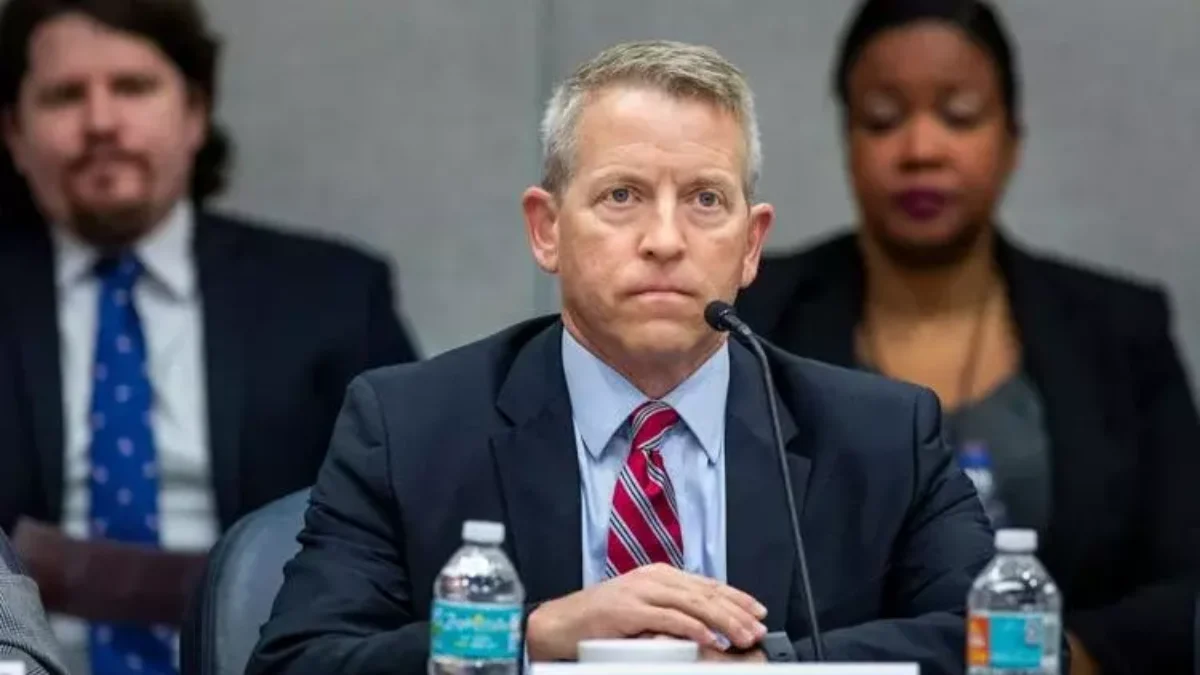
Unlike any other time in recent memory, Republicans put their chips at the center of the table during Tuesday night’s marathon budget debate that ran way past last call, barely ending in time for breakfast and the morning news shows.
And at the end of it all, what did they win for their big bet?
Yes, they got the millage cut – a whopping ⅛ of 1 mil, which offers symbolic balm to cash-strapped homeowners but in practical terms, given the bleeding of the value of the currency, saves very little.
A few cents a day is nice, to be sure.
But it won’t save a single home, and it’s an amount that can be made up very quickly with creatively inflated property appraisals that assume all property values go up, even in a depressed “buyer’s market” where freshly renovated middle-class homes sit for months like the most unwanted puppies at the pound.
It’s like my fortune cookie said the other night: “All roads lead to JWB.” Or some other corporate landlord flush enough to take advantage of market conditions in the way tenuously employed aspirational homeowners could not.
Anyway, the tax story was quickly forgotten in the light of a certain amendment that threatened to capsize the budget itself.
As promised, Republican Rory Diamond carried through on his proposal to stop city funding for abortions and related services, so-called diversity, equity and inclusion initiatives, and undocumented immigrants.
Where was that in the budget? No one could say, exactly.
Was the aspirational message a line-item that could be as neatly explained as the other amendments? Not really. The other proposed changes were a given amount for a specific function. Diamond’s language was the definition of a moving target.
Ironically, given that the council is supermajority Republican, Diamond’s amendment galvanized opposition while putting the bloc that controls most everything that matters on the dais on defense.
Democrats like Rahman Johnson, Jimmy Peluso and Ju’Coby Pittman were fired up in their denunciations. But the real measure of where things went wrong for the leadership clique was Ken Amaro, the Arlington Republican who was the conscience of local media for decades and has emerged more recently as the conscience of city council.
He noted, correctly, the language didn’t “belong in the budget.” And wasn’t budging.
“I’m not going to vote on it if that language is in there,” he said in one of his arguments against the provision.
The old slogan “I’m telling Ken” was inverted Tuesday night into “Ken’s telling them.”
Eventually, after council members began to worry if their kids would wake up in the morning and wonder if Daddy went to the store for milk and cigs and never came back, pragmatism came into focus and Diamond’s amendment was voted down after Will Lahnen saw what time it was.
But not before that episode threatened to define this city council for the narrow swath of voters who ultimately decide city elections.
While undervotes among Black Democrats and white Christian conservatives in precincts they dominate certainly inform the narrative, the real swing voters are the moderate subdivision Republicans who are willing to cross party lines.
They got Alvin Brown elected over Mike Hogan in 2011, after the Republican got too breezy on social issues for the Chamber Republican donor class. They fell in behind Lenny Curry twice, but they abandoned Chamber King Daniel Davis for Deegan two years ago, amid the GOP becoming a circular firing squad and Davis pandering to the hard right before the general election.
They were the reason Deegan and Property Appraiser Joyce Morgan won (recall that perennial candidate Jason Fischer ran a DeSantis-tribute race in his own general election that year).
For those voters, Diamond’s amendment became the story.
Not the top-heavy nature of the mayor’s office. Not the administration’s fealty to developers and sports franchise owners. Not the pocketbook issues that matter.
Because it was more important for one council member to fight a culture war battle against others who are easily targeted, with rhetoric better for grist in primary races in deep red R+10 districts than it was to actually take aim at line items that matter in this very purple city.
Even the Jax Chamber ended up taking collateral damage from Diamond’s play.
Their normal payout of $750,000 that Raul Arias wanted to bring above the line so they would get the money this week couldn’t be debated. President Kevin Carrico said the amendment was late filed but it was on the sheet with the others and merited debate along with everything else.
It’s easy to imagine police and fire unions, former Republican Mayors John Peyton and John Delaney, Daniel Davis, and others openly or tacitly endorsing four more years for Deegan in light of the demonstrated Republican leadership void.
The old saying is “win the battle, lose the war.”
And that’s pretty bad for the right wing in a city it historically controls despite a dwindling but real registration advantage for Democrats.
But even worse?
Losing both.







